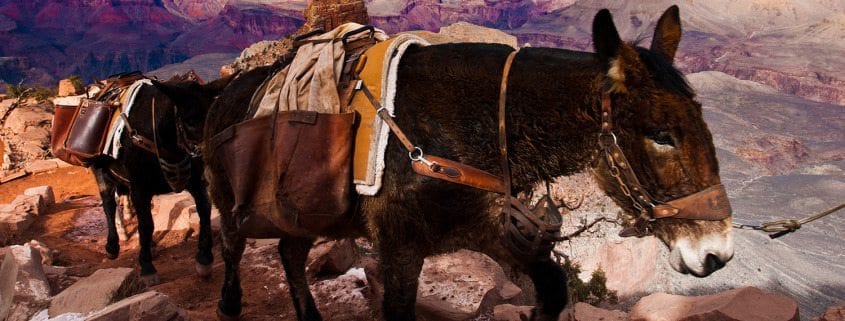Third Rabid Bat of the Year Found in Grand Canyon
Grand Canyon National Park is one of America’s most popular tourist attractions, and it’s incredible how many different types of people this marvel draws in. There are scores of people there to simply see the impressive landmark, but there are just as many who prefer to hike, take tours, learn about the environment, and try to spot local wildlife. The gorgeous park surrounding the canyon is American wilderness at its absolute finest, but it’s important to be aware of the dangers of nature and its original inhabitants.
On Wednesday, Grand Canyon National Park officials confirmed and reported a rabid bat. After landing on a park visitor, the bat was captured and tested positive for the deathly disease, but the visitor has been treated.
While this disease can be fatal to humans, treatment is available, but since the disease is fairly easy for an infected animal to spread, you should notify park employees if you come into contact with any Grand Canyon wildlife, especially bats.
Why bats? Well, they seem to be especially susceptible to rabies. Rabid bats have been sighted, tested, and confirmed in all 48 contiguous states, and this is the third bat this year to test positive for rabies within Grand Canyon National Park.
The disease itself is a nasty ailment, so if you spot an animal exhibiting unusual behavior, aggression, or lack of fear towards visitors, you should avoid these animals at all costs and report them to park officials.
Sleep in a tent if you’re camping to protect yourself at night and educate your children on the signs of rabies. A child should always tell an adult if they’re bitten by a wild animal, and all pets should be vaccinated and kept on a leash at all times.
Park rangers at the Grand Canyon National Park are always on the lookout for sick or dead animals, and all of them are tested for this dangerous disease thanks, in part, to a cooperative effort by the Coconino County Public Health Service. If you spot a suspicious animal, officials urge you to call (928) 638-7805 to report the animal and possibly save lives.
Have you ever seen the effects of rabies first-hand? Are there any less-known warning signs that we forgot to mention? Let us know in the comments section below, and together we can work together to keep the park safe.


